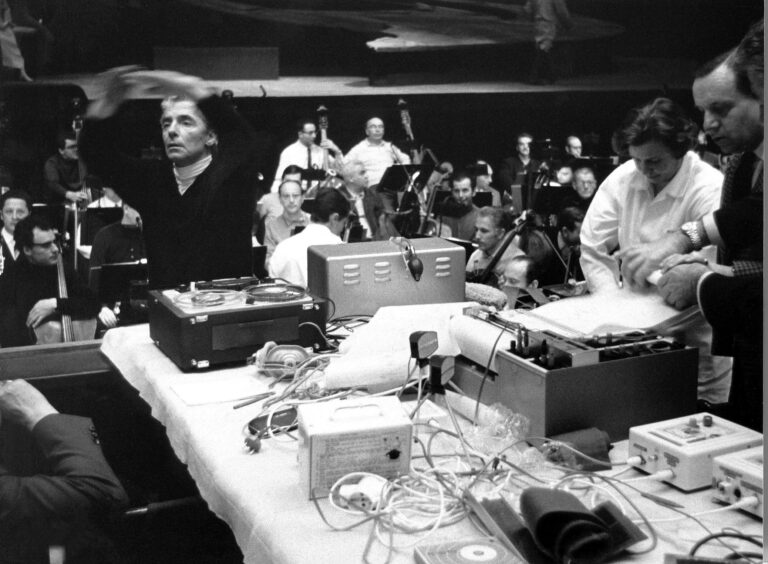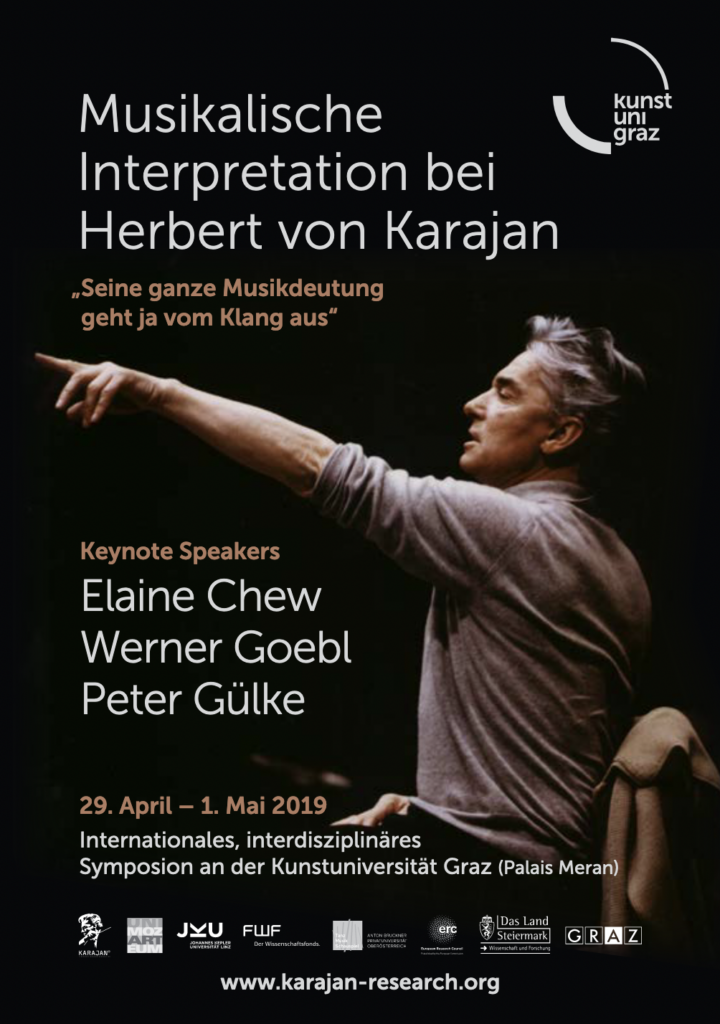27 January 2023
P.R. Jenkins
Researching Karajan’s art of conducting

“I am proud that with this research project, the Karajan Institute could make a substantial contribution to the bourgeoning field of computational musicology and computer-assisted analysis of musical performance. This gets us one step closer to understand the power and magic of music.”
Matthias Röder, CEO of the “Eliette and Herbert von Karajan Institute“
It’s satisfying to reap the fruits of one’s labour. In 2017, the “Eliette and Herbert von Karajan Institute“ initiated a musicological project about Herbert von Karajan’s art of interpretation.
We were able to receive support from the prestigious “Wissenschaftsfonds (Science Found)” and to set up a collaboration with four Austrian universities. Over three years, this project investigated and assessed Karajan’s conducting at a technical level and closed with a three-day conference in Graz. Read more about the conference at its speakers here.

On 21 January 2023, the subject gained larger publicity. “Die Presse”, the Austrian daily newspaper with the best reputation for classical music, published a comprehensive article about it. Read more here (in German).
— P.R. Jenkins